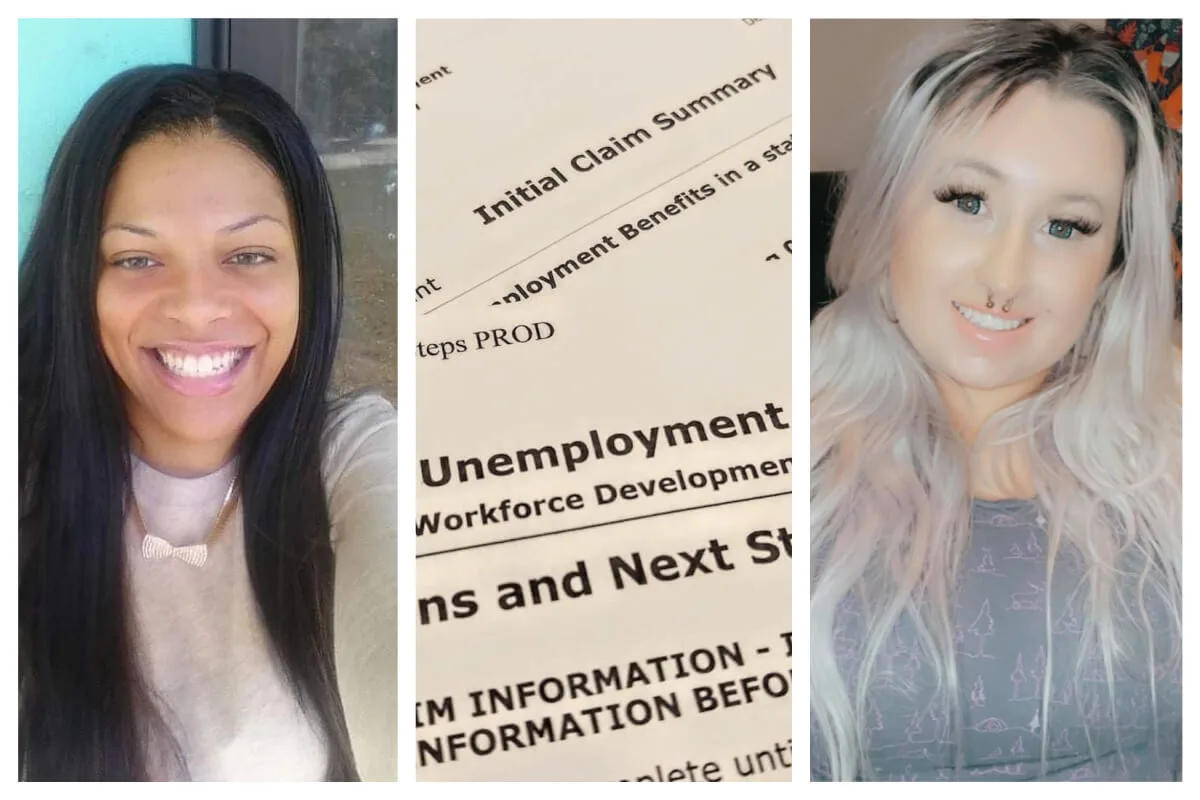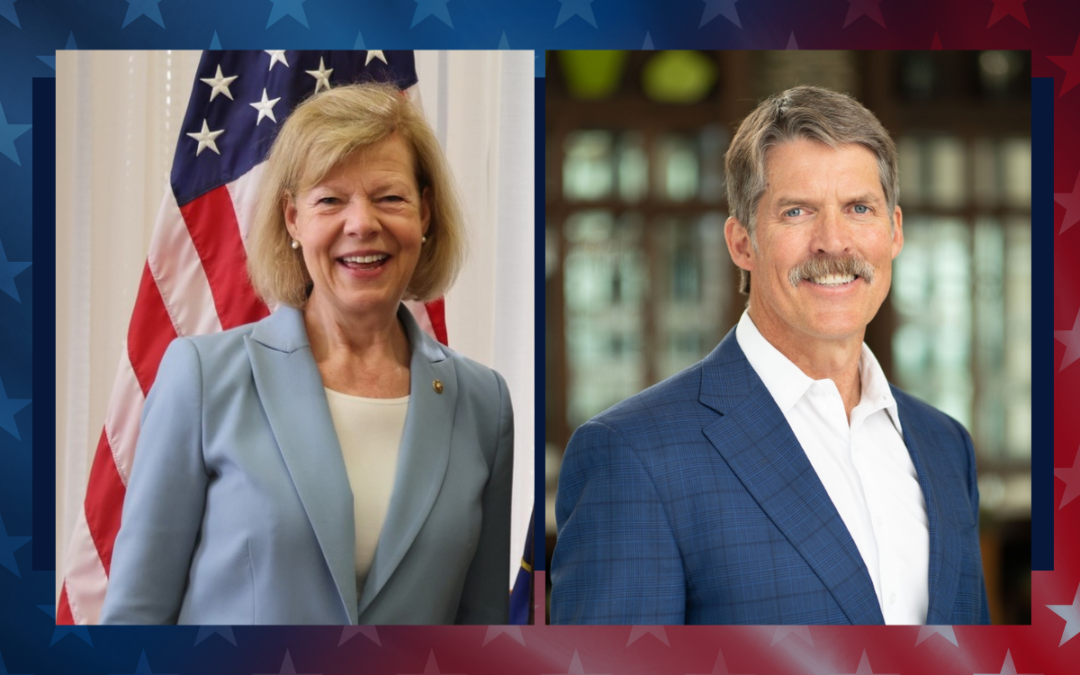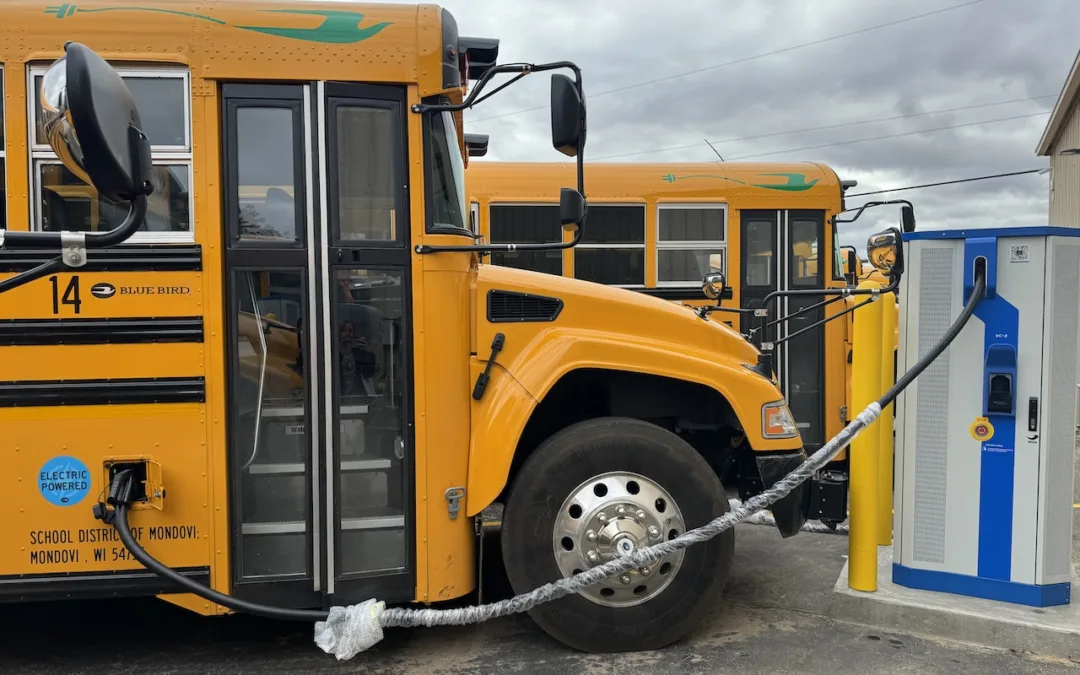
#image_title
#image_title
Contrary to Republican talking points, the unemployed say they aren’t sitting back on the couch and rolling in cash.
Qwashala Harris recognizes that no one is living large collecting unemployment checks in Wisconsin—at best, they’re currently bringing in $670 per week pre-tax, the equivalent of $16.75 per hour.
So Harris was confused when Sen. Howard Marklein (R-Spring Green) and Assembly Speaker Robin Vos (R-Rochester) on Tuesday introduced state legislation to cut the maximum weekly unemployment payout to $370 by eliminating a $300 boost funded by the federal government due and implemented due to the ongoing COVID-19 pandemic.
“Literally, what can $300 extra do? That’s not making anyone rich,” said Harris, a substance abuse counselor from Mequon who recently returned to work after about six months of unemployment.
The bill to bring an early end to the federal boost—which is set to otherwise last into September— is one of two major actions this week by Wisconsin Republicans intended to address a labor shortage that is leaving businesses across the state and nation without enough employees and leading some to offer higher starting wages. On Wednesday, Republicans on the Legislature’s rules committee voted to reinstate the state’s work-search requirement for unemployment recipients, which had been waived until July.
Together, the two acts stand to either force the unemployed back into the workforce or drive them deeper into poverty if they can’t find adequate work.
“When you pay people more to stay home, they stay home,” Marklein said in a press conference to discuss the bill to end the boost, which is likely headed for a veto from Gov. Tony Evers if it passes the Legislature.
It’s unclear how effective the withdrawal of the extra pandemic support would be at filling open jobs throughout the state, as Wisconsin’s unemployment rate is already relatively low at 3.9%, according to the most recent figures from the Department of Workforce Development (DWD). In March 2020, the final reporting period before the pandemic caused widespread layoffs, the state’s unemployment rate was 3.2%.
About 15 Wisconsinites responded to an inquiry—posted by UpNorthNews in two Wisconsin unemployment support Facebook groups—about their thoughts on Republicans’ actions this week. No one expressed displeasure at the work-search requirement, but there was near-unanimous opposition to ending the $300 boost.
“To pull this [$300] will have people homeless, kids living on the streets. Is that what our legislators want?” wrote one woman, Christina Parker.
Vos, in the press conference with Marklein, pointed out many job openings are offering good wages and are raising pay rates, and went on to claim the issue isn’t that businesses aren’t offering a high enough starting wage. The problem, he insisted, is “the benefits of staying home, where today you make $16.75 an hour being at home.”
But a June 2020 study from the Chicago Federal Reserve, conducted while the weekly federal boost was $600 under the first COVID relief bill, found that people receiving unemployment benefits actually look for work “more than twice as intensely as those who have exhausted their benefits.”
‘Poverty Is Not A Moral Failure’
Business lobbies are echoing Republican talking points. Wisconsin Manufacturers and Commerce, the state’s largest business lobby, and 50 local chambers of commerce on Monday sent a letter to Evers and state lawmakers advocating for an end to the $300 per week boost to address the worker shortage. The letter said “businesses are competing against government benefits that incentivize people to stay home.”
Kayleigh Hughes, a phlebotomist from Belleville who has been out of work since June 2020 to care for her 4-year-old son, disputed that notion.
“Is it a worker shortage, or is it the fact that people don’t want to go to jobs with no benefits, jobs that they can’t afford to feed their families on?” Hughes said in an interview.
Harris likewise took issue with the assertion that the extra money disincentivizes a return to the workforce.
“It’s just not like people are not out here working or looking for jobs,” Harris. “I’m sorry, they just don’t want the shitty jobs.”
To Hughes, Harris, and other Wisconsinites, Republicans’ efforts could be better put toward solving systemic problems, such as unaffordable child care, low wages, poor working conditions, and the state’s severely outdated unemployment system. These are all issues Harris said lawmakers could have worked on last year, had they not taken more than 300 days off from passing laws.
“They didn’t pass a bill, they didn’t have any meetings—nothing for 300 days,” Harris said. “They didn’t go to work for 300 days and made their full salary.”
The Main Street Alliance of Wisconsin, a progressive small business lobby, in a statement also disputed Vos and WMC’s argument and said workers need better access to child care to more easily return to work.
“The Main Street Alliance disagrees with Speaker Vos and the WMC that UI is the major contributing factor to the current staffing shortages that some employers are experiencing,” the group said. “We need to pass the American Families Plan to deal with structural issues.” The proposal from the Biden administration includes $39 billion toward stabilizing the childcare industry.
Such reforms would have helped Hughes, who said she first left work when her son’s daycare shut down due to the pandemic, but has been unable to put him back in daycare because she hasn’t received a penny of unemployment insurance from DWD. Her claim was pending for three months before being rejected, she said; last month, she won an appeal and is waiting for DWD to send her the $22,000 she is owed.
RELATED: Wisconsin Is In a Childcare Crisis. The Pandemic Hasn’t Helped.
But even if she was receiving unemployment, Hughes said, it would not be enough to catch up on bills in addition to paying for child care. Without child care, she can’t go to interviews—let alone get or keep a job.
“Poverty is not a moral failure,” Hughes said. “Someone who is struggling, someone who is receiving unemployment benefits, is not necessarily lazy.”
Like Hughes, Racheal Davis, a mother of three from Mauston, said she has been stuck waiting for thousands of dollars from DWD. She briefly qualified for unemployment after being laid off last March, but she is still trying to get 22 weeks’ worth of payments, she said.
“They need to have a better system,” Davis said when asked where politicians should put their focus.
And while there is a worker shortage, Davis said she hasn’t been able to find a good job near her home. She said she made $19 per hour at a factory job before the pandemic and faces an hour-plus round trip just to find work that pays close to, but still less than, what she made at her previous job.
“It’s never gonna make up for that job that I had when COVID [broke out],” Davis said.
She acknowledged wages are rising and said her husband recently got a job that pays $17 per hour on weekdays and $20 per hour on weekends.
“The companies are like, ‘We need to pay more. We need employees,’” Davis said. “I do see that, but that’s what they need to do anyways.”
Politics

What’s the difference between Eric Hovde and Sen. Tammy Baldwin on the issues?
The Democratic incumbent will point to specific accomplishments while the Republican challenger will outline general concerns he would address....

Who Is Tammy Baldwin?
Getting to know the contenders for this November’s US Senate election. [Editor’s Note: Part of a series that profiles the candidates and issues in...
Local News

Stop and smell these native Wisconsin flowers this Earth Day
Spring has sprung — and here in Wisconsin, the signs are everywhere! From warmer weather and longer days to birds returning to your backyard trees....

Your guide to the 2024 Blue Ox Music Festival in Eau Claire
Eau Claire and art go hand in hand. The city is home to a multitude of sculptures, murals, and music events — including several annual showcases,...


